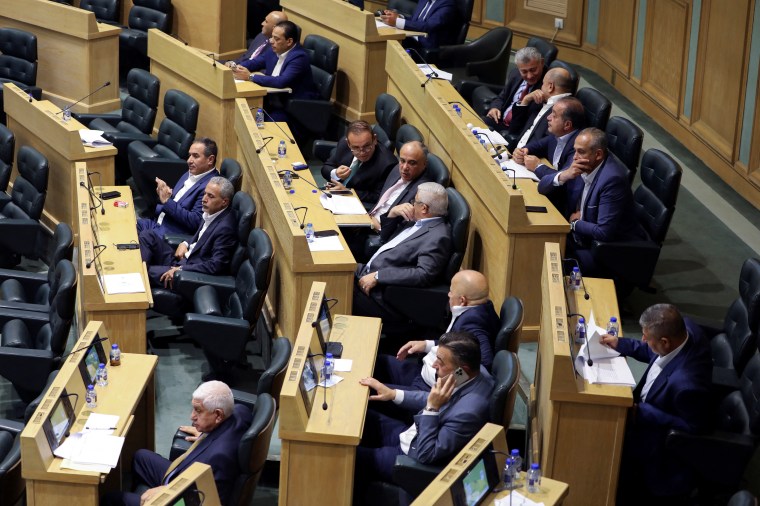Beirut, August 15, 2023—In response to Jordanian authorities passing a new cybercrime law that threatens press freedom online, the Committee to Protect Journalists issued the following statement of condemnation:
“The new cybercrime law approved by Jordanian King Abdullah II bin Al-Hussein is alarming, and could see journalists facing harsh prison terms and huge fines over their work,” said CPJ’s Middle East and North Africa program coordinator, Sherif Mansour, in Washington, D.C. “Authorities never should have approved this law, and should now work to repeal it and ensure it will not be used to silence journalists.”
The 2023 Cybercrime Law criminalizes online posts deemed to be “fake news” or which undermine national unity; promote, instigate, aide, or incite “immorality,” or demonstrate “contempt for religion.” Penalties include prison sentences of three months to three years, and fines ranging from 5,000 to 20,000 Jordanian dinars (US$7,000 to 28,000).
Jordan’s parliament passed the law on July 27, and King Abdullah approved it on August 12. The law was published in the official state newspaper on August 13, and is scheduled to come into force on September 12.
The new law amends a 2015 cybercrime law, which was also used to target journalists. Political commentator Adnan al-Rousan was imprisoned in August 2022 for violating the 2015 law by writing articles “insulting to Jordan” and “offensive to the national approach and fabric, and insulting the cohesion of Jordanian society and state institutions.”
Earlier this month, satirical journalist Ahmed al-Zoubi was sentenced to one year in prison for a social media post about a strike over diesel prices, according to media reports.
After the publication of this article, Rand Dalgamouni, a spokesperson for the Royal Hashemite Court, directed CPJ to a statement on its website, describing a meeting between King Abdullah and the Jordan Press Association on Tuesday.
“His Majesty said combating cybercrimes should not be at the expense of Jordanians’ right to express their opinion and criticize public policies,” the statement said.
[Editor’s note: This article has been updated to include comment from the Royal Hashemite Court.]
